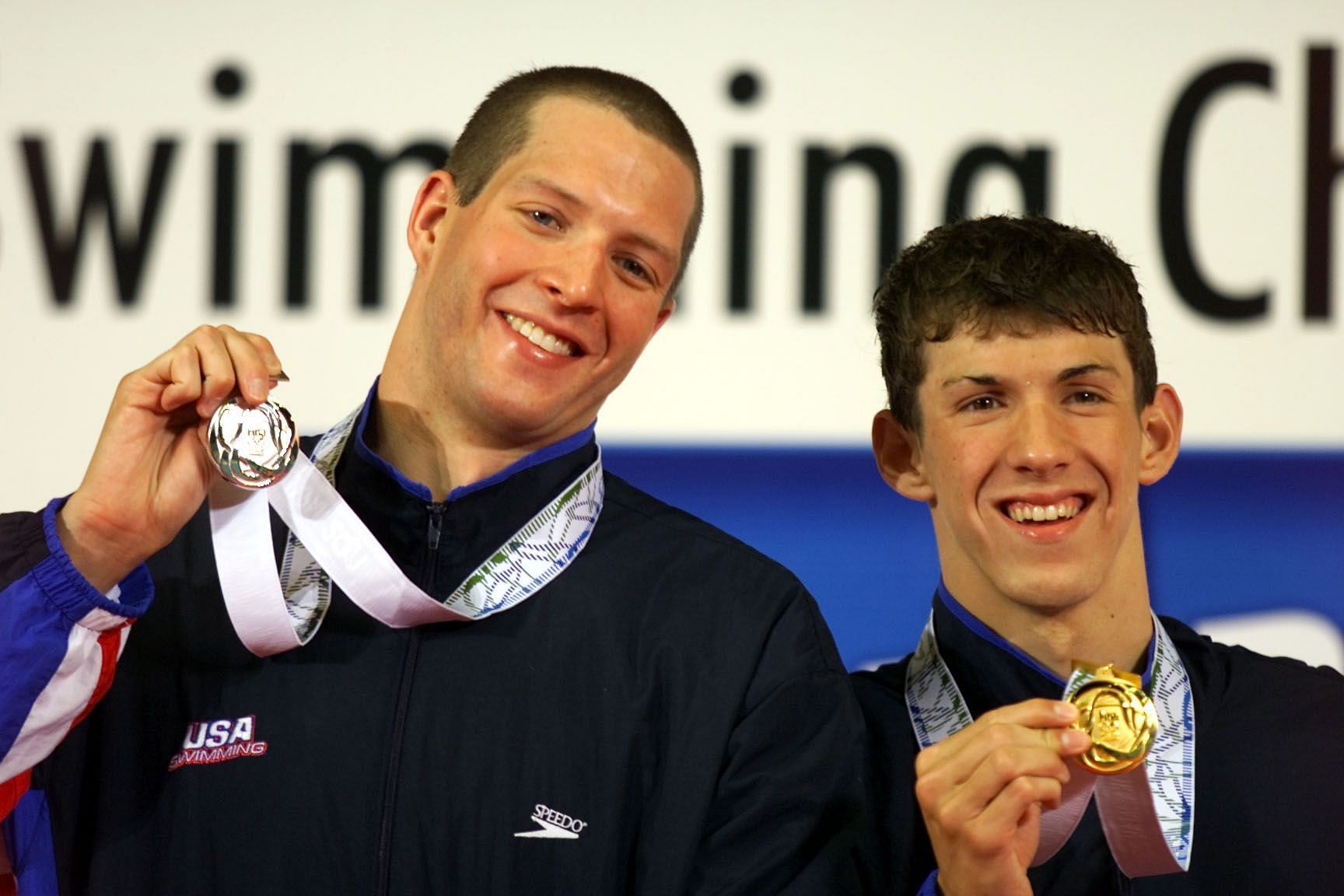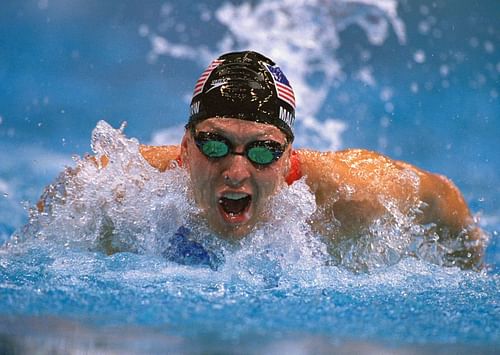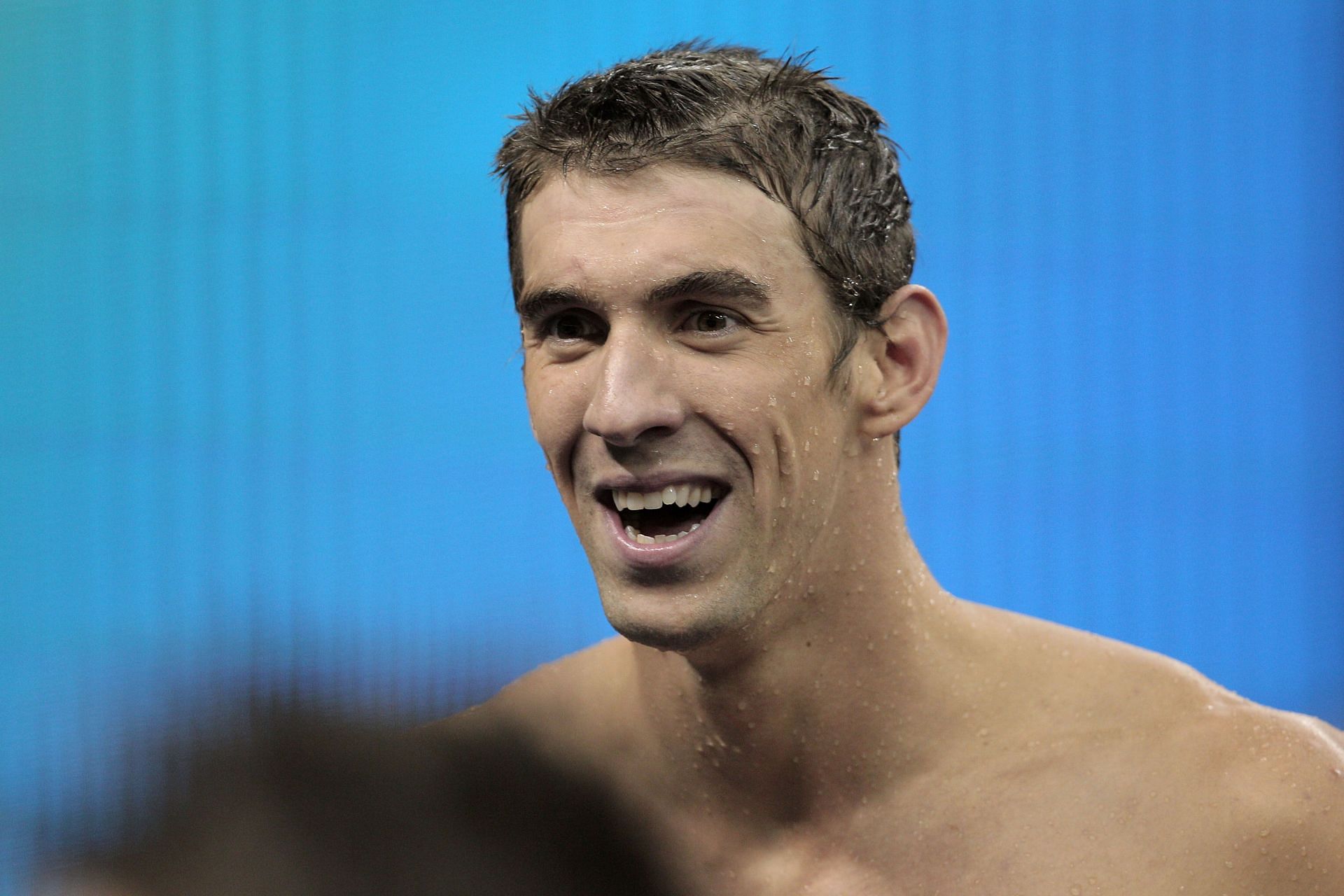
A look back at Michael Phelps’ breakthrough race at Fukuoka 2001 World Championships as a 15-year-old
Michael Phelps, a 23-time Olympic gold medalist, has conquered every tournament he has participated in. One such tournament is the World Aquatics Championships. He competed in six editions and collected a total of 33 medals, which included 26 golds, 6 silvers, and a bronze.
The World Championships at Fukuoka in 2001 was, possibly, the most special as it was his debut. Interestingly, the 2023 edition of the World Aquatic Championships is set to be held in Japan, after a gap of 22 years.
At the mere age of 15 years and 9 months, Phelps became the youngest male ever to set a world record at the 2001 World Championships. Phelps broke his own record to set a new world record in the 200-meter butterfly on his way to winning the title for the first time.
Michael Phelps' breakthrough race at Fukuoka 2001 World Championships
However, the 2001 World Championships were all about Ian Thorpe. He won six gold medals in all six events he contested in. But nobody knew that a 16-year-old Phelps would emerge as the new force in the world of swimming.
Michael Phelps first contested the World Championships in the 200-meter butterfly. Before the race, Tom Malchow, the reigning butterfly champion, was dubbed the favorite to win even though being a 30-year-old back then. The match was initially between Malchow and Esposito, but Phelps entered the frame on race day.

Malchow, the reigning Olympics champion from Sydney, had improved on his silver medal from the 1996 Games in Atlanta. He was regarded as the unquestioned king of the block, but Phelps made his debut the previous year when he finished sixth in the Sydney final as a 15-year-old.
More than any other man in the previous six months, Michael Phelps had increased his speed.
Franck Esposito had a strong start in the first 25 meters. The emotional favorite was a Frenchman who had previously won bronze in the same event, at the Summer Olympics in Barcelona in 1992.
He had won three European titles up to that point, but his best finish at the 1998 World Championships in Perth was silver. He had competed in multiple finals but had not been as successful in winning medals as other athletes.
Phelps, Esposito, and Malchow were all running faster than world record times at the first turn because of their high pace. Esposito and Malchow were seated high in the water. Phelps, whose timing and rhythm kept the rest of the field at his hips, maintained his lead with arm-dominant strokes and only one kick.
He turned 100 meters in 54.81 seconds, about half-a-second faster than Malchow, and eight-tenths faster than his own world record.
Malchow made an attempt to overtake Phelps in the third 50, bringing Esposito along for the ride and closing the gap to three-tenths.

However, Michael Phelps won and established a swimming world record. The date was March 30, 2001. He did so by beating Tom Malchow's 1:55.18 mark with a time of 1:54.92.
He ended his 2001 World Championships campaign with just one gold medal. But in the next five editions, he collected a total of 32 medals.